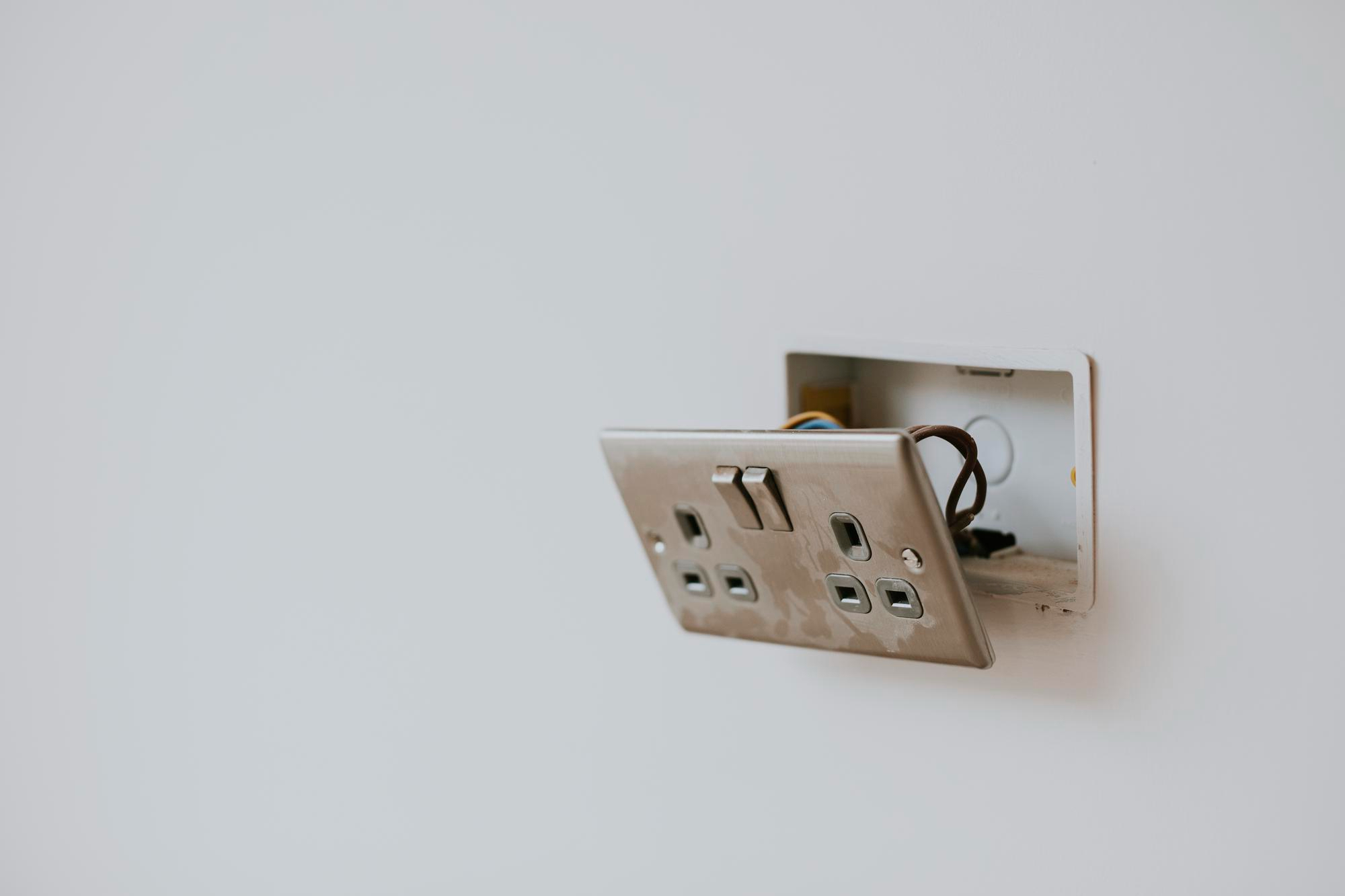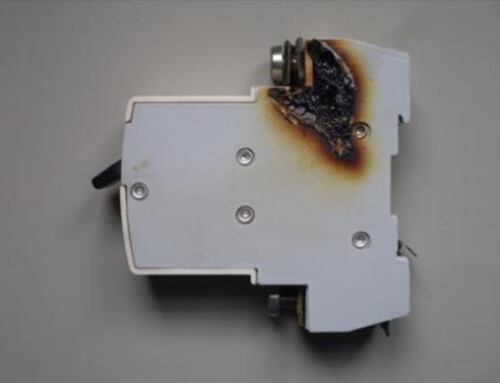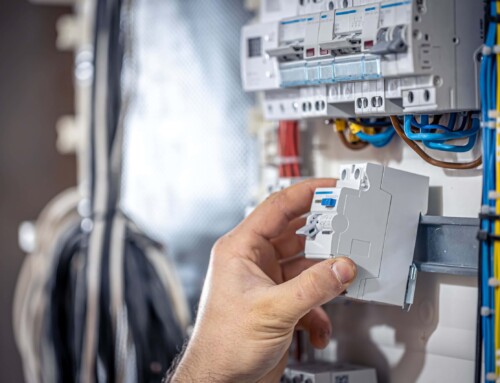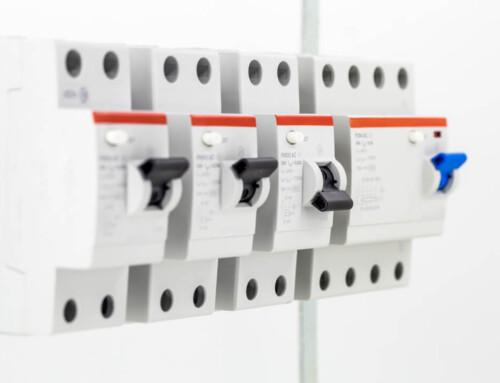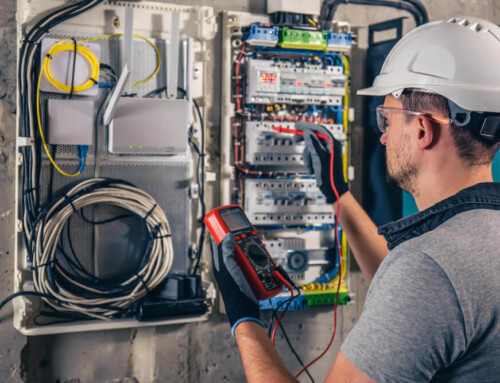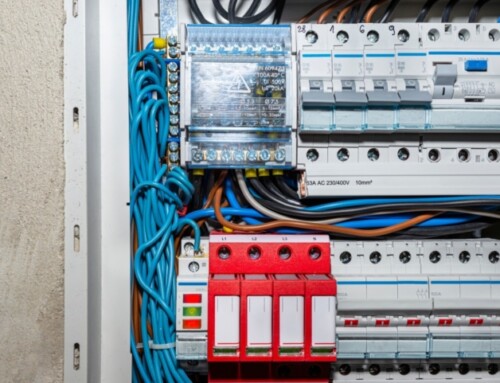Table of Contents
Electric breakers serve a crucial purpose in your home’s electrical system. It helps protect your home from electrical overloads and short circuits. In simple terms, it’s like the guardian of your electrical setup, ensuring everything runs smoothly and safely. If your breaker isn’t working as it should or shows Signs of a Bad Breaker, it can pose serious safety hazards. From electrical fires to damaging your appliances, the consequences of a faulty breaker can be pretty daunting. That’s why it’s essential to keep an eye out for indications of trouble and address them promptly. But how do you check for a bad breaker? Read on to find out the answer!
Signs of a Bad Breaker
Here are the 7 most common Signs of a bad breaker. Always be vigilant for these indicators to guarantee the safety and efficient operation of your electrical system!
-
The Breaker Trips Frequently
If your breaker is constantly tripping, it’s an obvious sign that something is wrong. This might be due to high electrical loads or a defective breaker itself.
-
Burning Smell From the Electrical Panel
A noticeable burning odor coming from your electrical panel is a big red flag. It indicates that anything is scorching or possibly burning within. It requires rapid treatment.
-
The Breaker Fails to Remain in Reset Mode
If you are continuously resetting a tripped breaker and it won’t stay in reset mode, you should look into it more. This might point to a more significant underlying condition.
-
Physical Damage
Visible physical damage is one of the most apparent bad breaker signs. So, never overlook things such as fractures or charring on the breaker or the adjacent electrical panel.
-
Heat Emission
Excessive heat from the breaker or panel is a significant reason for worry. It signifies a risk of overheating and can result in severe malfunction.
-
Unusual Electrical Behavior
Do you see flickering lights, sparking outlets, or other unusual electrical behavior as you see in scary flicks? Don’t worry! The reason for this kind of unusual instance is more likely a faulty breaker!
-
Aging Circuit Breakers
Breakers wear out naturally as they age. Pay attention to the age of your circuit breaker and replace it if it is reaching the end of its useful life.
What Should You Do if You See Indications of Trouble With Your Breaker?
Recognizing these signs of a bad breaker is crucial because a failing circuit breaker can jeopardize the safety of your home and its occupants. By staying vigilant and addressing any issues promptly, you can ensure the continued smooth operation of your electrical system.
If you notice any indicators of a malfunctioning breaker, your first concern should be safety. Working with electricity may be dangerous. So, if you do not have the necessary skills and expertise, avoid attempting to repair or replace the breaker on your own.
The first step is to turn off the main power supply of your residence to turn off the electricity throughout the house. This prevents further damage and hazards. After shutting off the electricity, contact a certified electrician.
A licensed specialist can accurately diagnose the problem, determine whether you need to replaced breaker, and ensure that your electrical system is in working order and satisfies all safety regulations
FAQ’s
-
How to check for a bad breaker?
If you suspect a malfunctioning breaker, there are a few signs to check for. Check the breaker panel for strange burning smells, hot areas, or discoloration. Also, pay attention to any buzzing or crackling noises emanating from the breaker panel. Consider using a multimeter to verify the breaker’s continuity and ensure it works correctly. These easy methods can help you discover any malfunctioning breakers and maintain your home’s electrical system safe and dependable.
-
Can a bad breaker cause power surges?
A faulty breaker may not directly cause a power surge. But it may indeed contribute to the conditions that lead to one. If the breaker fails during an overload, it may cause arcing or a mini-surge within the breaker. Furthermore, if a surge comes when the breaker is already failing, it may struggle to handle the additional load. As a result, the breaker may not trip at all, leaving your appliances susceptible to harm from an external surge.
-
Can a bad breaker cause a high electric bill?
Well, it’s doubtful. Although a defective breaker that does not trip correctly may cause minor energy misuse, this is uncommon with today’s advanced breakers. It’s more likely that factors such as utilizing more appliances, having an inefficient HVAC system, or insulation difficulties are causing your cost to rise. Remember, the central focus should be on fixing the safety hazards of a faulty breaker rather than worrying about possible energy waste.
-
Can a bad breaker cause hot ground reverse?
A faulty breaker is seldom the only cause of a hot ground reversal. This type of problem usually implies a loose or damaged neutral wire in the circuit. However, in rare circumstances, a failed breaker may play a role. If the breaker fails and allows too much current to flow, it may damage the neutral wire. This may result in a hot ground reverse. However, this is quite rare. If you suspect you have a hot ground reverse scenario, contact a professional electrician so they can determine the cause and ensure everything is safe.
-
Can a bad breaker cause lights to flicker?
Yes, flickering lights might be a bad breaker sign. A faulty breaker may have difficulty controlling current, leading to voltage fluctuations that cause the affected circuit’s lights to fade or flicker. In other cases, faulty wiring within the panel can be responsible for the same flickering appearance. If you see flickering lights, particularly in several lights on the same circuit, it’s advisable to play it safe and seek assistance from a competent electrician to determine the problem.
-
Can a bad breaker cause low voltage?
Sure, a malfunctioning breaker can cause low voltage. A loose connection inside the breaker can disturb the steady flow of electricity. Furthermore, if the breaker does not trip during a continuing overload, it may cause a transient drop in voltage. However, keep in mind that low voltage can be caused by a variety of other factors as well. To receive an exact diagnosis of the situation at hand, you should absolutely contact a skilled electrician!

